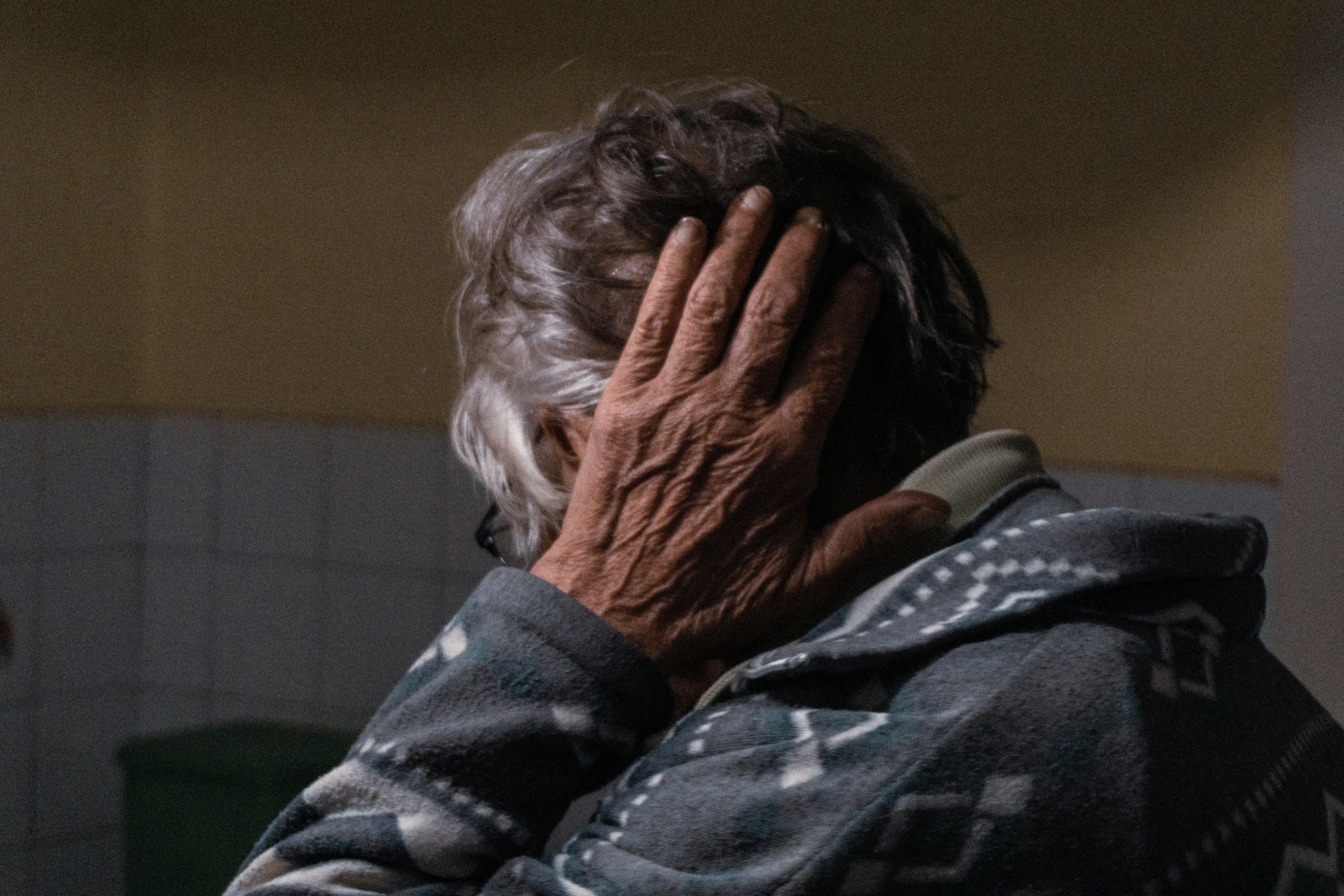Expert Reaction
These comments have been collated by the Science Media Centre to provide a variety of expert perspectives on this issue. Feel free to use these quotes in your stories. Views expressed are the personal opinions of the experts named. They do not represent the views of the SMC or any other organisation unless specifically stated.
Dr Alehandrea Manuel, Research Fellow, Audiology, University of Auckland
This article entitled ‘Taringa Whakarongo’ explores kaumātua and whānau immediate experiences and health professionals' perspectives of hearing loss and hearing healthcare in Aotearoa New Zealand. The title of the study was previously used in as a World War II fund-raising poster developed by the ‘Māori War Effort Organisation’ in June 1942. The poster was used as a call to encourage Māori participation in armed services that followed tikanga Maōri, boost local food production and assist in the direction of Māori labour. It was also a time when many Māori migrated to work in essential industries. Such labour and service may have impacted the hearing health of many Māori, especially kaumātua today. Within its use, the title has become an attentive message for Māori and non-Māori. In this study, the attention is directed towards sharing research partner voices.



 New Zealand
New Zealand


